Home>diy>Building & Construction>What Is Facility Management In Construction
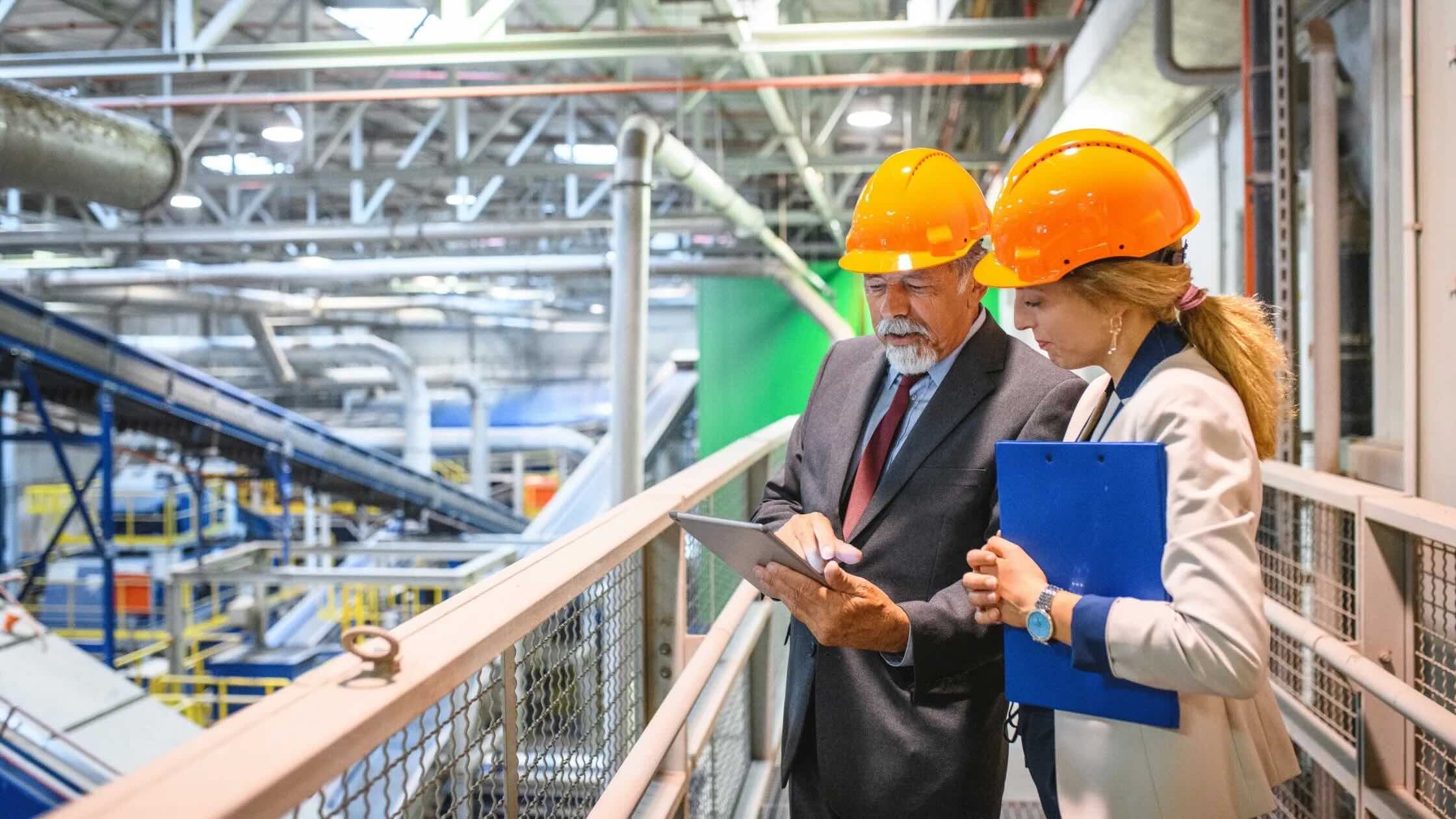

Building & Construction
What Is Facility Management In Construction
Modified: December 7, 2023
Discover the importance of facility management in building construction. Learn how it enhances efficiency, reduces costs, and optimizes operations for successful construction projects.
(Many of the links in this article redirect to a specific reviewed product. Your purchase of these products through affiliate links helps to generate commission for Storables.com, at no extra cost. Learn more)
Introduction
Welcome to the world of facility management in construction. When it comes to constructing and managing buildings, there is much more to consider than just the construction process itself. Facility management encompasses all the activities and tasks involved in ensuring that a building is well-maintained, functional, and meets the needs of its occupants.
Facility management in construction is a crucial aspect of building projects, as it ensures the long-term success and sustainability of the structure. From planning and design to ongoing maintenance and operations, facility managers play a significant role in optimizing the performance and efficiency of the building.
In this article, we will delve into the definition and importance of facility management in construction, explore the key responsibilities of facility managers, and discuss the benefits, challenges, best practices, and technology trends in this field. We will also highlight real-life case studies of successful facility management in construction projects.
So, whether you are a builder, architect, owner, or simply curious about the inner workings of building management, this article will provide you with valuable insights into the world of facility management in construction.
Key Takeaways:
- Facility management in construction is essential for optimizing building performance, enhancing occupant experience, reducing costs, ensuring compliance, and promoting sustainability. It plays a pivotal role in the long-term success and value of construction projects.
- By embracing best practices, leveraging technology trends, and prioritizing occupant satisfaction, facility managers can overcome challenges and achieve remarkable results in building performance, energy efficiency, and overall occupant experience.
Read more: What Is Construction Quality Management
Definition of Facility Management in Construction
Facility management in construction refers to the efficient planning, coordination, and management of all activities and services necessary for the proper functioning of a building or facility throughout its lifecycle. It involves the integration of multiple disciplines, including construction, engineering, operations, maintenance, finance, and administration.
Facility management begins at the design and construction phase of a building project and continues throughout its operation and eventual decommissioning. It encompasses a wide range of tasks, including but not limited to:
- Space planning and utilization
- Maintenance and repair
- Energy management
- Health and safety compliance
- Security systems and procedures
- Environmental sustainability
- Asset and inventory management
- Financial planning and budgeting
- Vendor and contractor management
- Occupant satisfaction and customer service
The ultimate goal of facility management in construction is to ensure that a building operates efficiently, effectively, and safely, while also meeting the needs and expectations of its occupants. By taking a holistic approach, facility managers aim to optimize the use of resources, reduce operational costs, minimize risks, and enhance the overall user experience.
Facility management in construction is a dynamic and evolving field, as new technologies, regulations, and sustainability practices continually shape the way buildings are designed, constructed, and managed. It requires a multidisciplinary skill set, including problem-solving abilities, project management expertise, technical knowledge, and effective communication skills.
Overall, facility management in construction plays a vital role in ensuring that buildings are well-maintained, efficient, and adaptable to changing needs and requirements. It involves a proactive approach to building management, with a focus on continuous improvement, innovation, and delivering value to the building’s stakeholders.
Importance of Facility Management in Construction Projects
Facility management in construction projects is of utmost importance for several reasons. It goes beyond the initial construction phase and extends throughout the entire lifecycle of the building. Let’s explore some key reasons why facility management is crucial in construction projects:
- Optimizing Building Performance: Facility management ensures that buildings function at their best by implementing proactive maintenance and management strategies. By regularly monitoring and maintaining building systems and equipment, facility managers can identify and address issues before they become major problems, improving the overall performance and longevity of the building.
- Enhancing Occupant Experience: A well-maintained and efficiently managed building creates a positive experience for its occupants. Facility managers focus on providing a comfortable and safe environment for users, ensuring that their needs are met and any concerns are addressed promptly. This leads to increased occupant satisfaction and productivity.
- Cost Optimization: Effective facility management practices can significantly reduce operational costs. By implementing energy-efficient measures, optimizing resource usage, and implementing preventive maintenance, facility managers can reduce utility expenses and minimize unplanned repairs. This can result in significant savings over the lifespan of the building.
- Compliance and Risk Management: Compliance with building codes, regulations, and health and safety standards is a critical aspect of facility management in construction. Facility managers ensure that all necessary permits and certifications are obtained and maintained. They also develop and implement emergency response plans and conduct regular inspections to mitigate potential risks and ensure a safe environment for occupants.
- Sustainability and Environmental Considerations: With increasing awareness of environmental issues, facility management plays a vital role in promoting sustainability in construction projects. Facility managers integrate green building practices, such as energy-efficient lighting, waste management systems, and renewable energy sources, to reduce the building’s carbon footprint and enhance its environmental performance.
In summary, facility management in construction projects is essential for optimizing building performance, enhancing occupant experience, reducing costs, ensuring compliance, and promoting sustainability. By investing in effective facility management practices, construction projects can achieve long-term success, improve the value of the building, and create a positive impact on the environment and the people who utilize the space.
Key Responsibilities of Facility Managers in Construction
Facility managers play a crucial role in construction projects by overseeing the effective management and maintenance of the building throughout its lifecycle. Their responsibilities encompass a wide range of tasks and duties. Here are some key responsibilities of facility managers in construction:
- Planning and Design: Facility managers are involved in the planning and design phase of a construction project. They collaborate with architects, engineers, and other stakeholders to ensure that the building’s design meets the operational needs and requirements. They provide input on space allocation, accessibility, and sustainability considerations.
- Procurement and Vendor Management: Facility managers are responsible for sourcing and procuring necessary equipment, materials, and services. They coordinate with vendors, negotiate contracts, and ensure that procurement activities align with project timelines and budget constraints.
- Maintenance and Repairs: Keeping the building in optimal condition is a key responsibility of facility managers. They develop and implement preventive maintenance plans, schedule regular inspections, and coordinate repairs and maintenance activities. They ensure that mechanical, electrical, and plumbing systems are functioning properly and address any issues promptly.
- Health and Safety Compliance: Facility managers are responsible for maintaining compliance with health and safety regulations. They develop and implement safety protocols, conduct risk assessments, and ensure that the building meets all necessary codes and standards. They also organize training programs to educate occupants on safety procedures.
- Energy Management: Facility managers focus on optimizing energy usage and reducing the building’s environmental footprint. They implement energy-efficient measures, monitor utility consumption, and analyze energy data to identify areas for improvement. They may also explore renewable energy options and implement sustainability initiatives.
- Space Management: Facility managers are responsible for effective space allocation and utilization. They analyze space usage patterns, develop space management strategies, and ensure that the building’s layout meets the needs of its occupants. They monitor occupancy rates, plan for future space requirements, and optimize the use of available space.
- Financial Planning and Budgeting: Facility managers are involved in financial planning and budgeting for the building’s maintenance and operations. They develop and manage the facility’s budget, track expenses, and ensure that funds are allocated appropriately. They also analyze cost-saving opportunities and make informed decisions to optimize financial resources.
- Communication and Stakeholder Management: Facility managers act as a liaison between building occupants, management, and external stakeholders. They facilitate effective communication, address concerns and grievances, and ensure that occupants’ needs are met. They also manage relationships with contractors, suppliers, and regulatory agencies.
In summary, the key responsibilities of facility managers in construction projects include planning and design, procurement and vendor management, maintenance and repairs, health and safety compliance, energy management, space management, financial planning and budgeting, and communication and stakeholder management. Their expertise and efficient management help ensure the optimal functioning and longevity of the building while meeting the needs and expectations of its occupants.
Benefits of Facility Management in Construction
Facility management plays a critical role in construction projects, offering a range of benefits that contribute to the success and longevity of the building. Let’s explore some key advantages of incorporating facility management into construction projects:
- Optimized Building Performance: Effective facility management practices ensure that the building operates at its highest performance levels. By implementing proactive maintenance strategies, conducting regular inspections, and addressing issues promptly, facility managers can maximize the efficiency and functionality of the building’s systems and equipment, resulting in improved occupant comfort and operational reliability.
- Enhanced Occupant Experience: Facility management focuses on creating a positive experience for building occupants. By addressing their needs and concerns, providing a well-maintained and safe environment, and offering excellent customer service, facility managers contribute to occupant satisfaction, productivity, and overall well-being. This leads to increased tenant retention and positive word-of-mouth recommendations.
- Cost Savings: Facility management helps minimize operational costs and maximize cost-effectiveness. Through energy-efficient measures, preventive maintenance, and effective asset management, facility managers can reduce utility expenses, avoid major repairs, and prolong the lifespan of equipment. These cost savings contribute to long-term financial stability and improved return on investment for the building owner.
- Compliance and Risk Mitigation: Facility managers ensure that the building complies with relevant codes, regulations, and health and safety standards. By conducting regular inspections, implementing emergency response procedures, and providing training to building occupants, facility managers mitigate potential risks and maintain a safe and secure environment. This not only protects occupants but also minimizes legal and financial liabilities for the building owner.
- Sustainability and Environmental Responsibility: Facility management promotes sustainability practices in construction projects. By implementing energy-efficient technologies, waste management systems, and green building initiatives, facility managers reduce the building’s environmental footprint and contribute to a healthier planet. These sustainable practices align with corporate social responsibility goals and enhance the building’s reputation in the market.
- Improved Asset Management: Facility managers are responsible for effectively managing and maintaining the building’s assets. By implementing asset tracking systems, conducting regular inspections, and developing maintenance schedules, facility managers ensure that assets are well-cared for and utilized optimally. This maximizes the return on investment and prolongs the lifespan of assets, reducing the need for premature replacements.
- Strategic Planning and Flexibility: Facility management involves strategic planning for the long-term success of the building. Facility managers assess the evolving needs and usage patterns of the building and develop plans to accommodate future changes. This flexibility in space planning and utilization ensures that the building remains adaptable to evolving technologies, workplace trends, and tenant requirements.
In summary, the benefits of incorporating facility management in construction projects include optimized building performance, enhanced occupant experience, cost savings, compliance and risk mitigation, sustainability, improved asset management, and strategic planning for future needs. By investing in effective facility management practices, construction projects can achieve long-term success, maximize the value of the building, and create a positive impact on both occupants and the environment.
Read more: What Is Construction Manager At Risk
Challenges in Facility Management in Construction
While facility management is essential for the successful operation and maintenance of buildings, it also presents unique challenges in the construction industry. Facility managers must navigate these challenges to ensure the smooth functioning of the facility. Let’s examine some of the key challenges faced in facility management in construction:
- Transition from Construction to Operations: One of the primary challenges is the transition from the construction phase to the operational phase. Facility managers must effectively integrate the building’s design, construction, and operational aspects. This includes understanding the complexities and nuances of the building, coordinating with different stakeholders, and ensuring a smooth handover of responsibilities.
- Complexity of Building Systems: Modern buildings have complex systems and technologies that require specialized knowledge for effective management. Facility managers need to stay up-to-date with advancements in areas such as HVAC systems, energy management, security systems, and building automation. Managing these systems and ensuring their proper functioning can be challenging.
- Budget Constraints: Facility managers often face budget constraints, especially when it comes to maintenance and repairs. Limited funds can make it challenging to address all maintenance needs and invest in necessary upgrades. Facility managers must prioritize maintenance and allocate funds effectively to ensure the building’s long-term sustainability.
- Workforce Management: Managing a diverse workforce can be challenging in facility management. Facility managers often oversee various service providers, contractors, and vendors responsible for different aspects of building maintenance. Coordinating these teams, ensuring quality workmanship, and maintaining good working relationships can present challenges.
- Rapid Technological Advancements: The field of facility management is heavily influenced by rapidly evolving technologies. Facility managers need to stay updated on emerging technologies that can improve building performance, energy efficiency, and occupant experience. Keeping pace with technological advancements and effectively implementing them can be a challenge.
- Changing Regulatory and Compliance Landscape: Compliance with building codes, regulations, and health and safety standards is paramount in facility management. However, regulations and compliance requirements are constantly changing, which can be challenging for facility managers to navigate. Staying abreast of regulatory changes and ensuring compliance at all times requires continuous education and vigilance.
- Occupant Expectations: Meeting the diverse needs and expectations of building occupants can be challenging. Each occupant may have different preferences, comfort requirements, and service expectations. Facility managers must strive to deliver high-quality services, address concerns promptly, and maintain excellent communication with occupants to ensure their satisfaction.
- Data Management and Analysis: Facility managers are often responsible for collecting and analyzing vast amounts of data related to building operations, maintenance schedules, resource consumption, and occupant feedback. Managing and utilizing this data effectively can be challenging without the right tools and systems in place.
Despite these challenges, facility managers play a critical role in overcoming them and ensuring the effective management and operation of construction projects. By staying proactive, adaptable, and well-informed, facility managers can navigate these challenges and contribute to the long-term success of the facility.
Best Practices in Facility Management in Construction
To achieve effective facility management in construction projects, it is essential to adopt best practices that promote efficiency, sustainability, and optimal building performance. Here are some key best practices in facility management:
- Early Involvement: Facility managers should be involved in the construction process from the early stages. By participating in design discussions and providing input on operational aspects, they can ensure that the building is designed with maintenance and operational efficiency in mind.
- Proactive Maintenance: Implementing a preventive maintenance program is crucial for facility managers. By conducting regular inspections, identifying potential issues, and addressing them proactively, facility managers can avoid costly repairs and maximize the lifespan of equipment and systems.
- Energy Efficiency: Facility managers should focus on energy-efficient practices to reduce the building’s carbon footprint and operational costs. Strategies may include using energy-efficient lighting, optimizing HVAC systems, and employing smart building technologies to monitor and control energy usage.
- Vendor and Contractor Management: Effective vendor and contractor management is essential to ensure quality workmanship and timely completion of maintenance and repair tasks. Facility managers should establish clear expectations, communicate regularly, and evaluate vendor performance to maintain high service standards.
- Regular Training and Education: Keeping the facility management team and building occupants educated and informed is crucial. Facility managers should organize regular training sessions to promote occupant safety, educate them about energy-saving practices, and raise awareness about green initiatives.
- Data-driven Decision Making: Facility managers should leverage technology platforms and data analytics tools to collect and analyze information about building operations, maintenance schedules, and occupant feedback. This data-driven approach enables informed decision-making, identifies areas for improvement, and optimizes resource allocation.
- Sustainability: Incorporating sustainability practices into facility management is vital. Facility managers should implement eco-friendly initiatives such as waste management, water conservation, and promoting recycling within the building. Embracing sustainable practices contributes to a healthier environment and enhances the building’s reputation.
- Continuous Improvement: Facility managers should strive for continuous improvement in all aspects of facility management. This involves seeking feedback from occupants, conducting regular performance evaluations, and staying updated on industry trends and best practices.
- Effective Communication: Open and effective communication is essential for successful facility management. Facility managers should maintain clear lines of communication with building occupants, management, and external stakeholders. This ensures prompt issue resolution, prevents misunderstandings, and creates a positive and collaborative environment.
- Regular Performance Evaluations: Facility managers should regularly assess the performance of the building and the facility management team. This includes evaluating key performance indicators, benchmarking against industry standards, and identifying areas for improvement. Performance evaluations help optimize operations and maintain service excellence.
By implementing these best practices, facility managers can enhance the efficiency, sustainability, and overall performance of construction projects. Embracing these practices not only leads to cost savings and improved occupant satisfaction but also ensures that the building operates at its highest potential throughout its lifecycle.
Facility management in construction involves the coordination of various services to ensure the efficient operation of a building. This includes maintenance, security, cleaning, and space management.
Technology Trends in Facility Management in Construction
Technology plays a crucial role in advancing facility management practices in construction. With the rapid advancements in digital solutions, facility managers can leverage various technologies to improve operational efficiency, enhance occupant experience, and optimize building performance. Here are some key technology trends in facility management:
- Internet of Things (IoT): IoT technology has revolutionized facility management by connecting devices and sensors to the internet. This allows facility managers to collect real-time data on building systems, occupancy levels, energy usage, and maintenance needs. IoT enables proactive maintenance, energy optimization, and improved decision-making based on data-driven insights.
- Building Information Modeling (BIM): BIM technology enables the creation and management of digital representations of buildings. Facility managers can leverage BIM to access critical information about the building’s components, systems, and maintenance history. This facilitates accurate asset management, quick identification of maintenance needs, and seamless collaboration among stakeholders.
- Predictive Analytics: Predictive analytics uses historical data and algorithms to forecast future events and behavior. Facility managers can use predictive analytics to anticipate equipment failures, detect anomalies in energy usage patterns, and optimize maintenance schedules. By proactively addressing issues, facility managers can avoid costly repairs and ensure the continuous functioning of building systems.
- Energy Management Systems (EMS): EMS technology allows facility managers to monitor and control energy consumption in real-time. By integrating with building systems, such as HVAC and lighting, EMS enables automated energy optimization and demand response capabilities. This results in reduced energy costs and improved sustainability performance.
- Smart Building Technologies: Smart building technologies integrate various systems, devices, and sensors to create intelligent and interconnected buildings. These technologies enable remote monitoring and control of building systems, enhanced occupant comfort and convenience, and efficient resource allocation. Examples include smart HVAC systems, lighting controls, access control systems, and occupancy sensors.
- Computerized Maintenance Management Systems (CMMS): CMMS platforms digitize and automate maintenance management processes. Facility managers can use CMMS to create work orders, track maintenance tasks, schedule inspections, and manage asset information. CMMS streamlines maintenance operations, improves communication among teams, and ensures timely completion of tasks.
- Mobile Applications and Cloud-based Solutions: Mobile applications and cloud-based solutions enable facility managers to access critical information and perform tasks remotely. With mobile apps, facility managers can receive real-time notifications, access maintenance records, and manage work orders on the go. Cloud-based platforms provide centralized data storage and facilitate collaboration among stakeholders from anywhere, anytime.
- Virtual Reality (VR) and Augmented Reality (AR): VR and AR technologies are increasingly being used in facility management for training, maintenance procedures, and space planning. Facility managers can use VR and AR to simulate maintenance scenarios, virtually walk through buildings, and visualize proposed changes. This improves training effectiveness, enhances decision-making, and increases efficiency in facility management processes.
- Data Integration and Connectivity: Integrating data from different sources and systems is essential for effective facility management. By connecting building systems, IoT devices, and data analytics platforms, facility managers can gain holistic insights into building performance, occupant behavior, and maintenance needs. This integration optimizes decision-making and facilitates efficient operations.
- Artificial Intelligence (AI) and Machine Learning (ML): AI and ML technologies are transforming facility management by automating processes, analyzing complex data, and predicting trends. AI-powered chatbots can handle occupant inquiries and resolve issues, while ML algorithms can optimize energy usage, predict maintenance needs, and improve operational efficiency.
By embracing these technology trends, facility managers can revolutionize the way they manage buildings in the construction industry. Leveraging digital solutions and data-driven insights, facility managers can enhance operational efficiency, optimize resource utilization, improve occupant satisfaction, and ensure sustainable building performance.
Case Studies of Successful Facility Management in Construction
Several notable construction projects have showcased the importance and impact of effective facility management. Here are a few case studies that highlight successful facility management practices:
Read more: What Is The Scope Of Construction Management
Case Study 1: The Edge – Amsterdam, Netherlands
The Edge, located in Amsterdam, is widely regarded as one of the most sustainable office buildings in the world. The facility management team at The Edge implemented various innovative strategies that contribute to its success:
- IoT-enabled sensors and smart building technologies are integrated throughout the building, gathering real-time data on occupancy, temperature, and lighting levels. This data is used to optimize energy consumption and create a comfortable environment.
- The facility management team uses predictive analytics to identify maintenance needs before they escalate into major issues. By leveraging data insights, they proactively address equipment failures, ensuring uninterrupted operations.
- An advanced waste management system is implemented, which uses sensors to monitor waste levels and optimize waste collection schedules, reducing unnecessary pickups and promoting recycling.
Case Study 2: Burj Khalifa – Dubai, United Arab Emirates
Burj Khalifa, the iconic skyscraper in Dubai, is a testament to effective facility management practices. The facility management team at Burj Khalifa employs innovative approaches to maintain its world-class standards:
- A state-of-the-art computerized maintenance management system (CMMS) is utilized to ensure timely inspections, maintenance, and repairs across the entire building. This comprehensive system tracks equipment performance, facilitates work orders, and streamlines communication among the maintenance team.
- Proactive energy management strategies are implemented to optimize energy efficiency. This includes using smart HVAC systems, efficient lighting controls, and continuous monitoring of energy usage to identify areas for improvement.
- The facility management team focuses on occupant satisfaction and safety by providing exceptional customer service and implementing comprehensive security protocols. They prioritize the comfort and well-being of residents, businesses, and visitors.
Case Study 3: King Abdullah University of Science and Technology (KAUST) – Thuwal, Saudi Arabia
KING Abdullah University of Science and Technology (KAUST) exemplifies successful facility management in an educational institution:
- KAUST uses a Building Information Modeling (BIM) system to manage its facilities efficiently. This digital representation of the campus provides a centralized platform for tracking asset information, maintenance schedules, and occupancy details.
- Advanced data analytics tools are employed to monitor energy consumption patterns and identify opportunities for energy savings. The facility management team uses these insights to implement energy-efficient measures and raise occupant awareness about sustainability.
- Regular performance evaluations and occupant feedback assessments are conducted to continuously improve facility operations. The facility management team actively engages with students, faculty, and staff to address concerns, improve services, and create a productive and comfortable learning environment.
These case studies demonstrate the positive impact of effective facility management in construction projects. By leveraging innovative technologies, embracing sustainability, and prioritizing occupant satisfaction, facility management teams can achieve remarkable results in building performance, energy efficiency, and overall occupant experience.
Conclusion
Facility management in construction projects is a critical component for ensuring the optimal performance, sustainability, and success of buildings. It encompasses a wide range of responsibilities, including planning, maintenance, energy management, compliance, and occupant satisfaction. By adopting best practices and leveraging technology trends, facility managers can overcome challenges and achieve remarkable results.
Effective facility management practices offer numerous benefits. From optimizing building performance and enhancing occupant experience to reducing costs and promoting sustainability, facility management plays a pivotal role in the long-term success and value of the construction project.
Through case studies, we have seen how successful facility management practices have been implemented in iconic buildings like The Edge, Burj Khalifa, and King Abdullah University of Science and Technology. These examples highlight the power of innovative technologies, data-driven insights, and proactive maintenance strategies in achieving outstanding facility management outcomes.
As the construction industry evolves, facility managers must keep pace with emerging trends and continuously strive for improvement. By embracing collaboration, investing in training, and staying informed about technological advancements, facility managers can effectively manage the complexity of building systems, meet changing regulatory requirements, and exceed occupant expectations.
In conclusion, facility management in construction projects is a dynamic and multifaceted field that requires a holistic approach, proactive mindset, and advanced technological solutions. By integrating facility management from the early stages, implementing best practices, and embracing innovative technologies, construction projects can sustainably operate and flourish, providing a safe, efficient, and satisfying environment for occupants.
Frequently Asked Questions about What Is Facility Management In Construction
Was this page helpful?
At Storables.com, we guarantee accurate and reliable information. Our content, validated by Expert Board Contributors, is crafted following stringent Editorial Policies. We're committed to providing you with well-researched, expert-backed insights for all your informational needs.
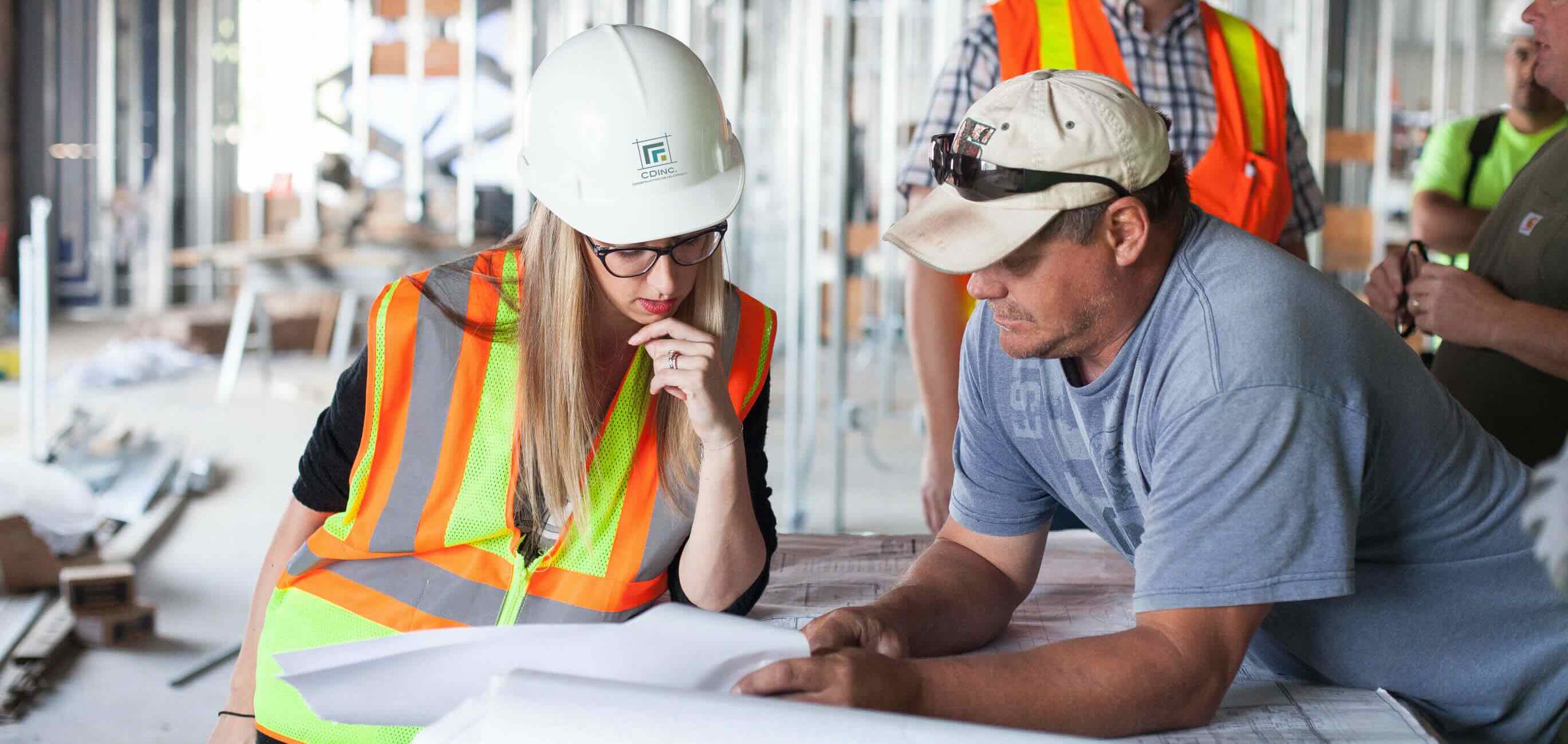
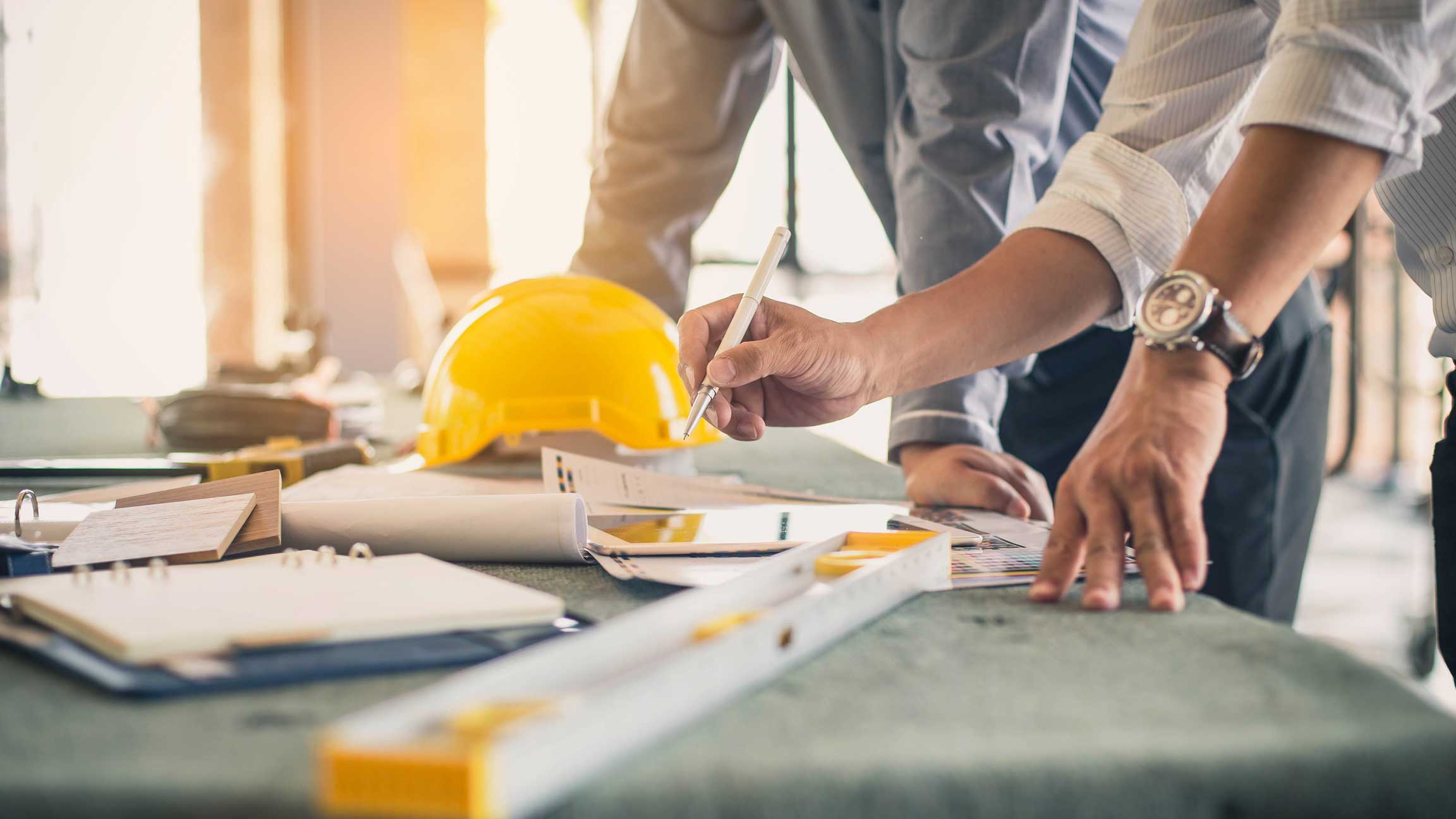
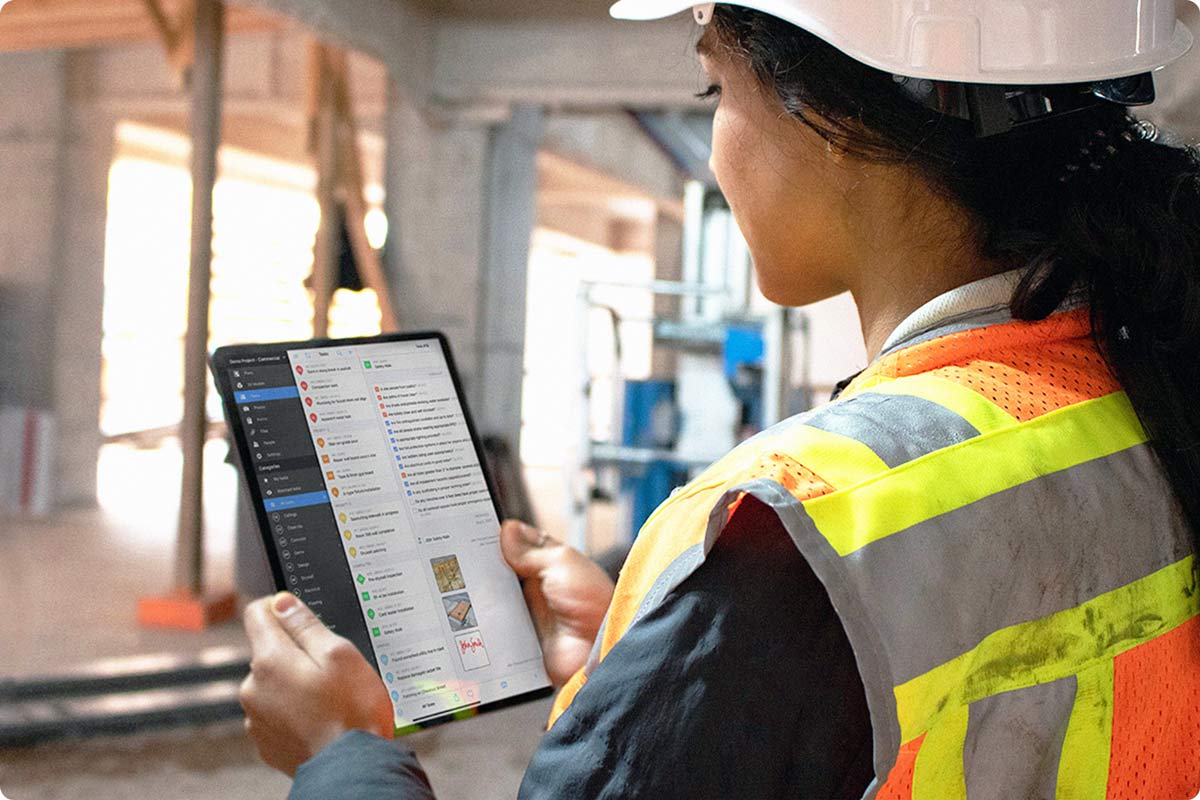
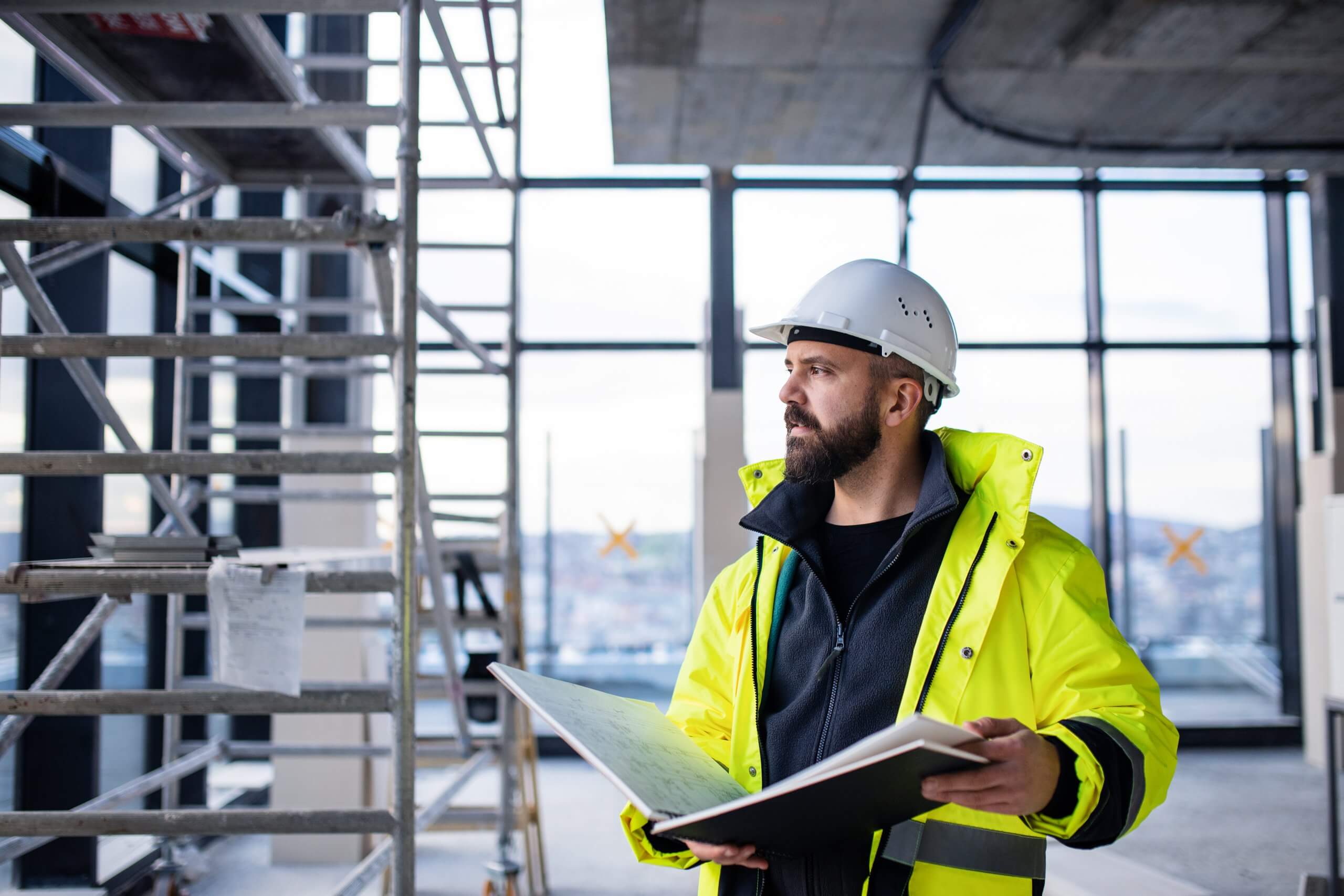
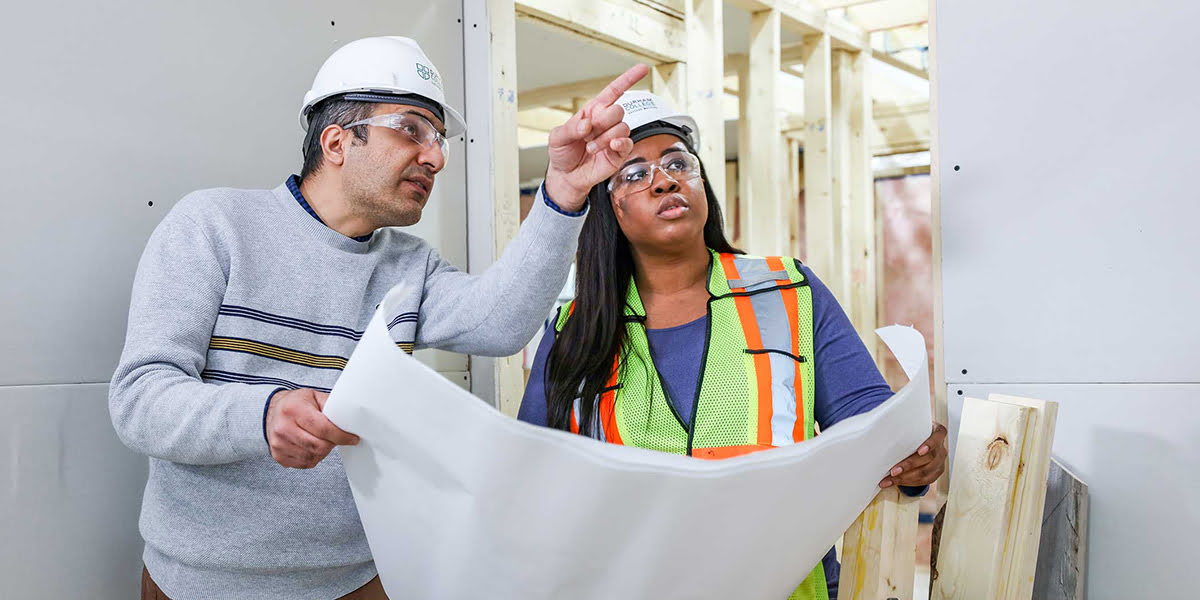

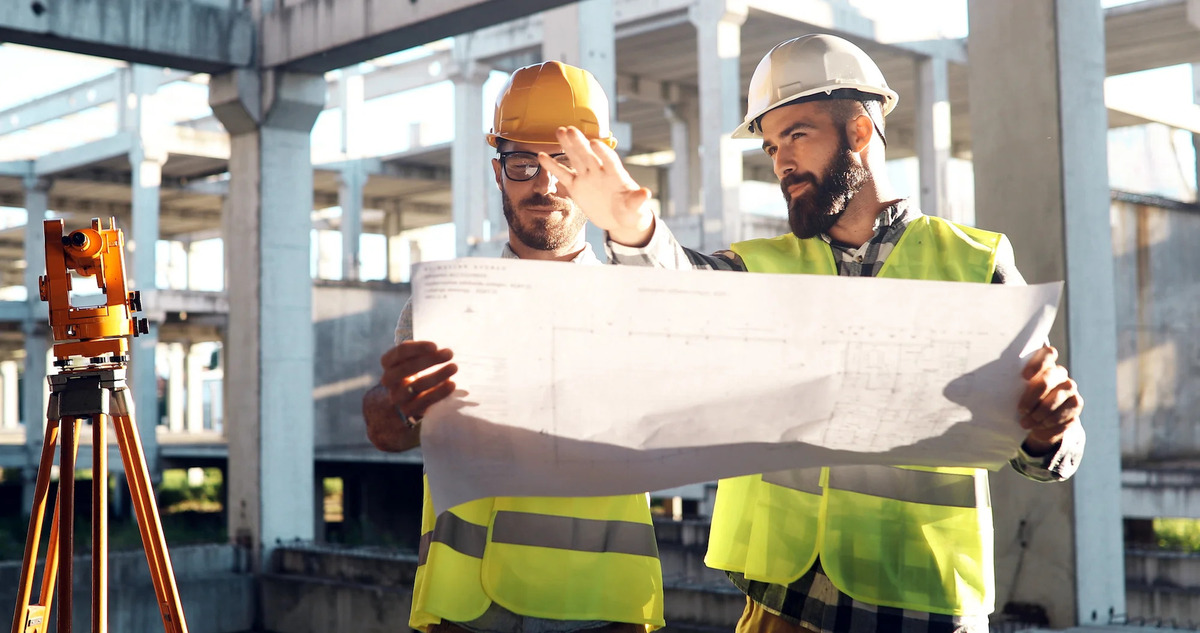
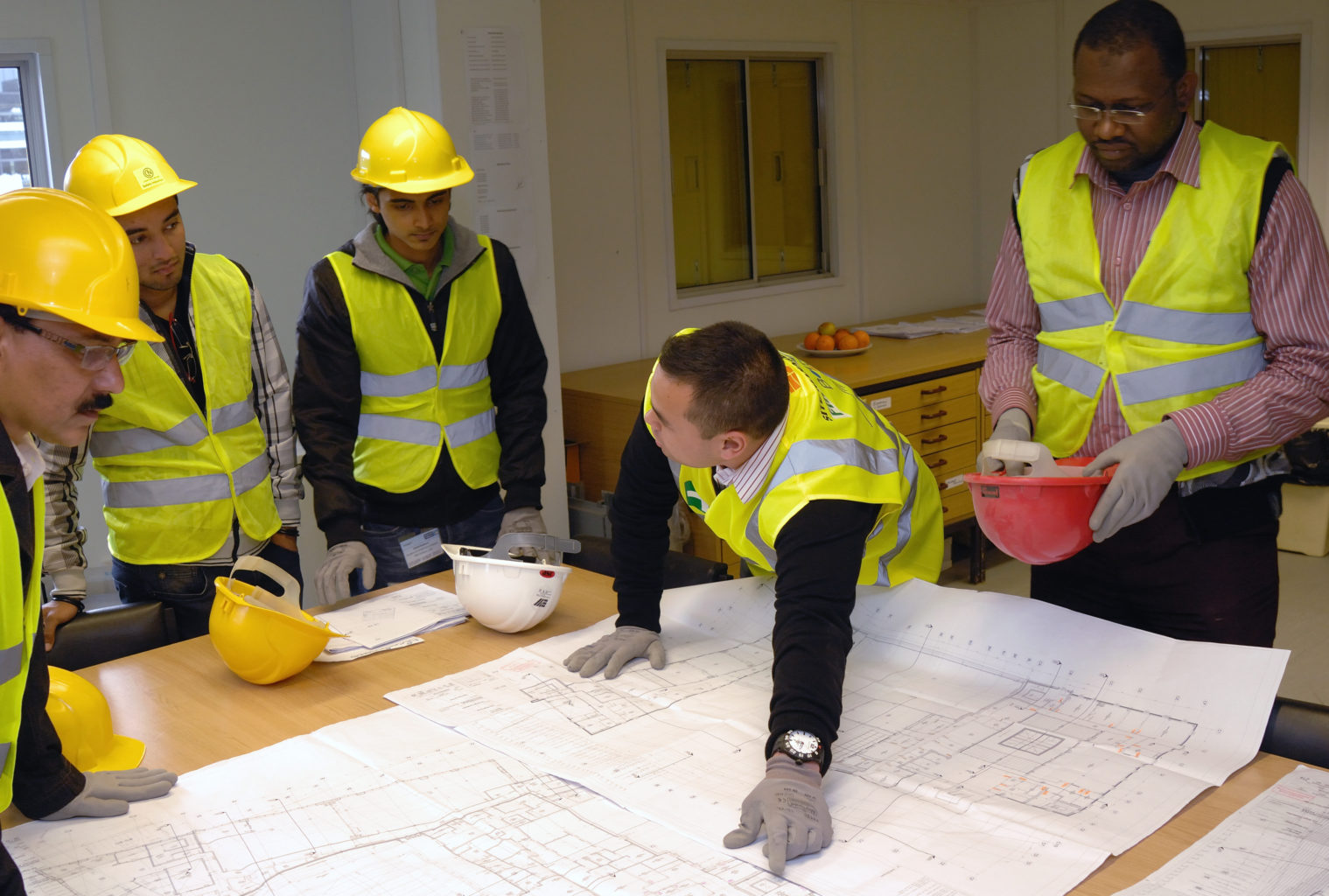
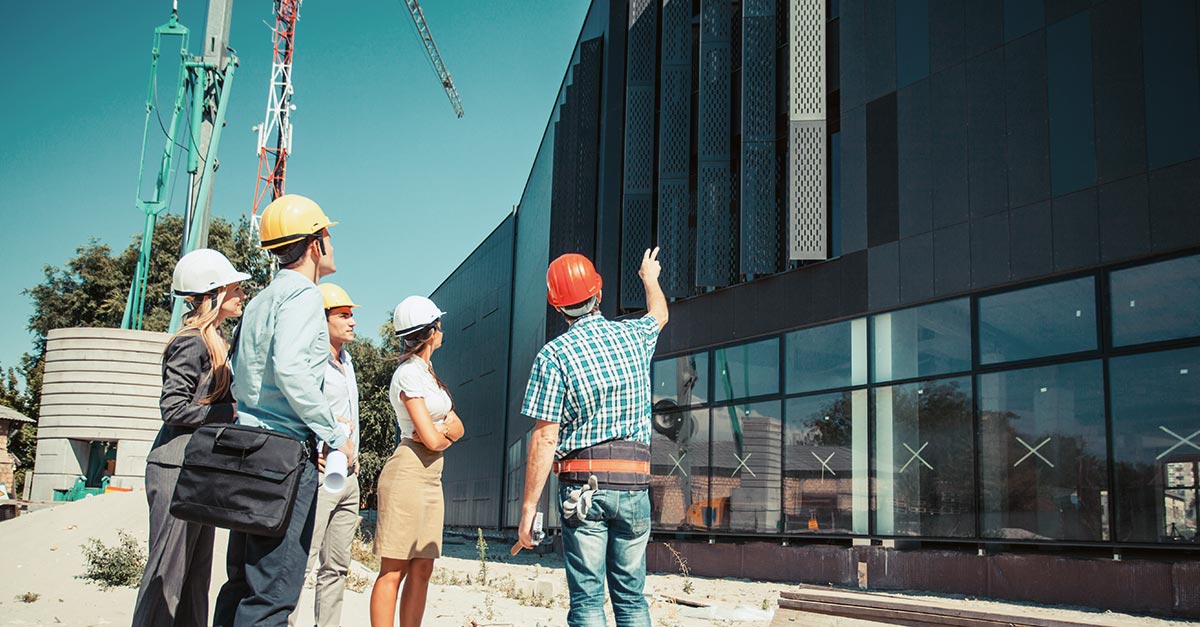
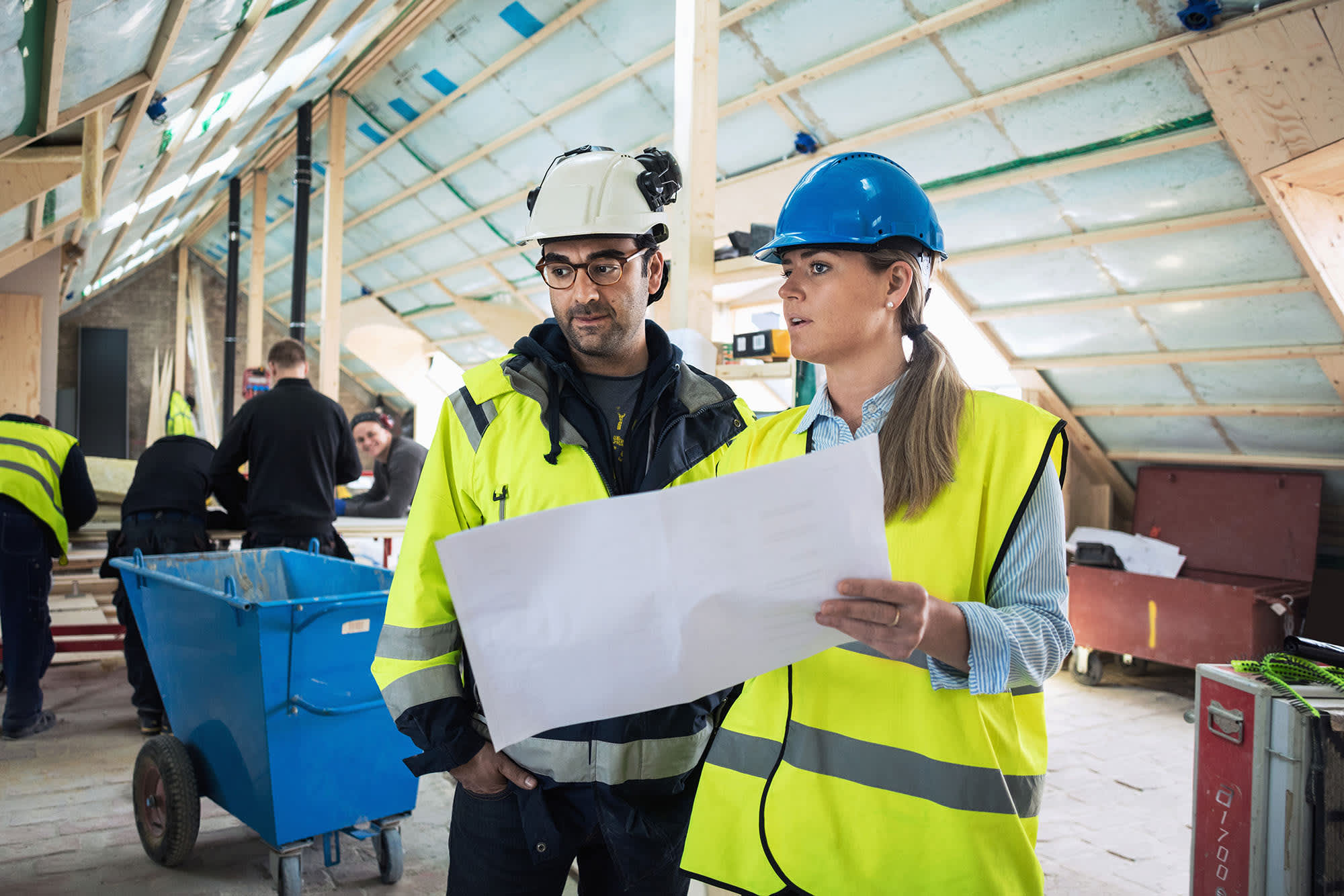
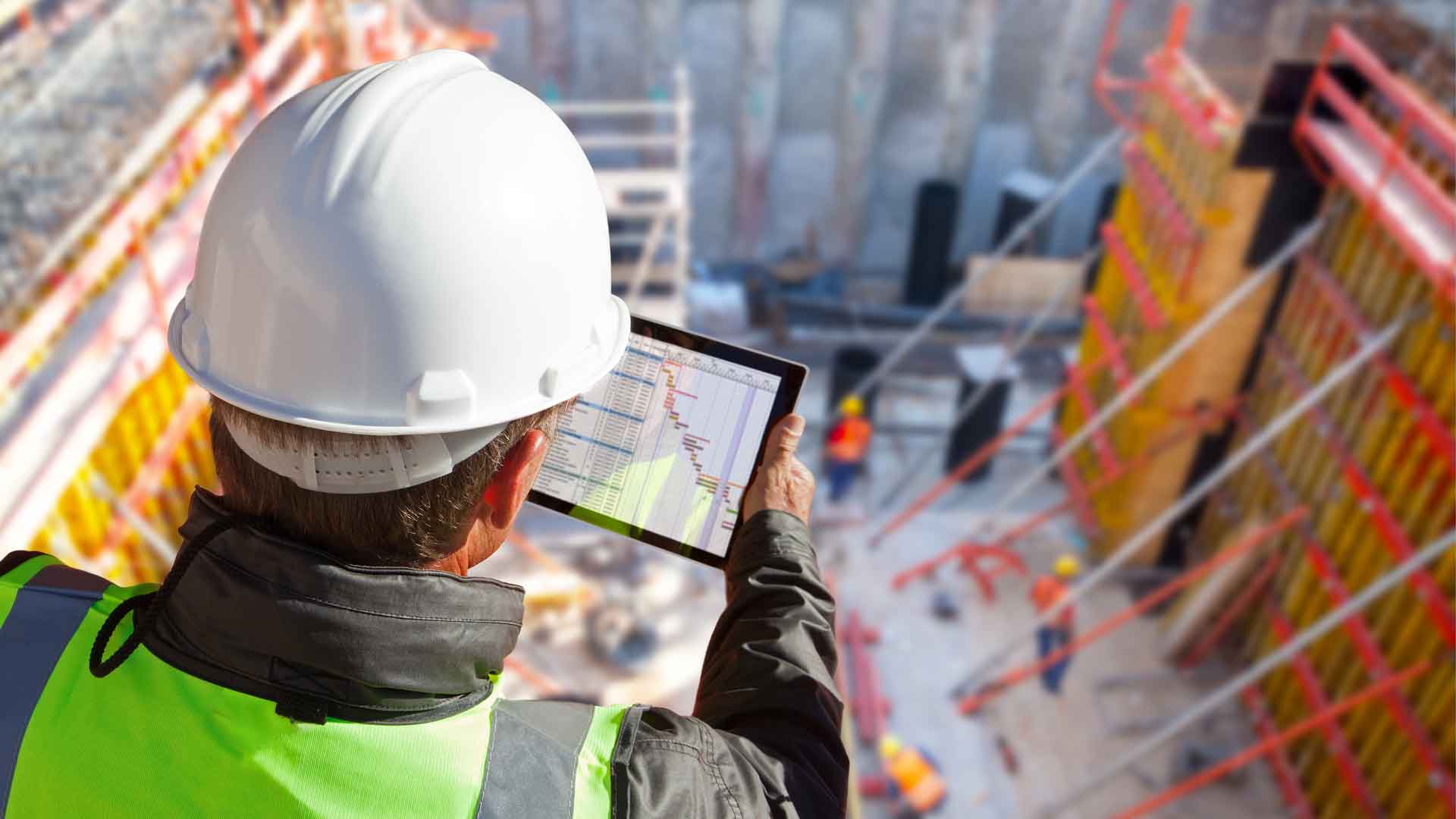

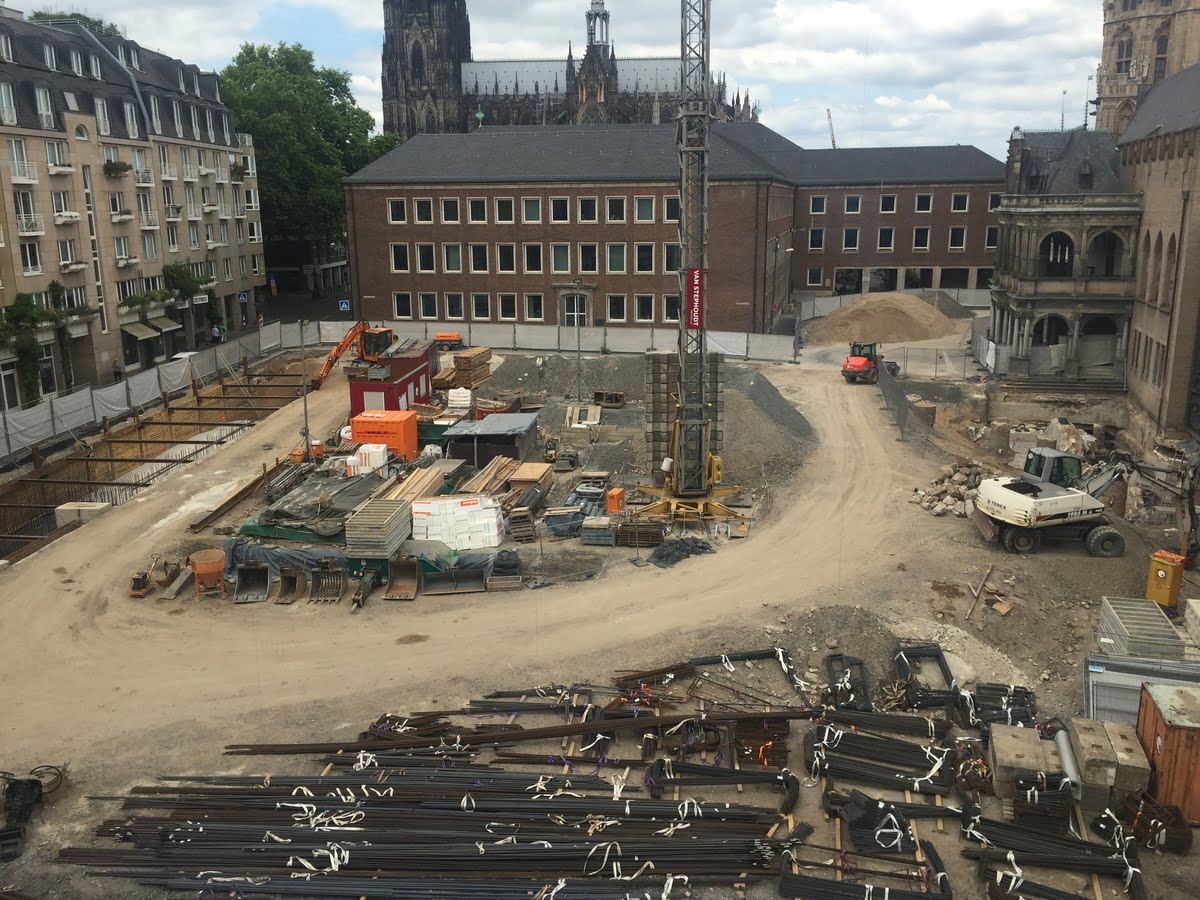

0 thoughts on “What Is Facility Management In Construction”